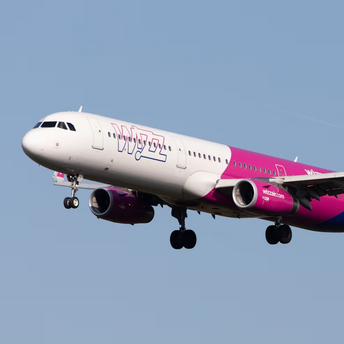Microsoft Cloud Outage Causes Major Disruptions for Travelers

A significant outage in Microsoft's online services caused widespread disruptions on Friday, impacting airlines, banks, and the London Stock Exchange. The issues affected multiple regions, including the United States and Asia, creating a ripple effect across various industries.
Among the most affected were airlines such as Frontier Airlines, Cathay Pacific, American Airlines, Delta Airlines, and United Airlines. These airlines experienced significant technical issues, leading to flight delays and cancellations. Passengers were left stranded or faced lengthy delays, causing considerable inconvenience and frustration.
The London Stock Exchange and several banks also faced technical difficulties due to the outage, highlighting the extensive reach and dependence on cloud services in the financial sector. The incident has raised concerns about the resilience and reliability of these services, particularly when they impact critical sectors like finance and travel.
Microsoft acknowledged the problem, stating that their services were in a degraded state. For more detailed information on the current status of Microsoft's services and past incidents, you can check the Microsoft 365 service health page. This incident underscores the heavy reliance on cloud services and the far-reaching consequences when these systems fail. The travel and finance industries, in particular, felt the brunt of the disruption, prompting calls for more robust infrastructure and contingency plans.
For travelers, the outage was a stark reminder of the potential vulnerabilities in today's digital landscape. The delays and cancellations caused significant disruption to travel plans, emphasizing the need for airlines and other travel-related businesses to have contingency measures in place for technical failures.
As investigations continue, there is likely to be increased scrutiny on the reliability of cloud services. This event may drive industries to develop better preparedness strategies to mitigate the effects of similar incidents in the future. For travelers, this means a potential push for more resilient systems that can ensure smoother operations even during technical glitches.



















